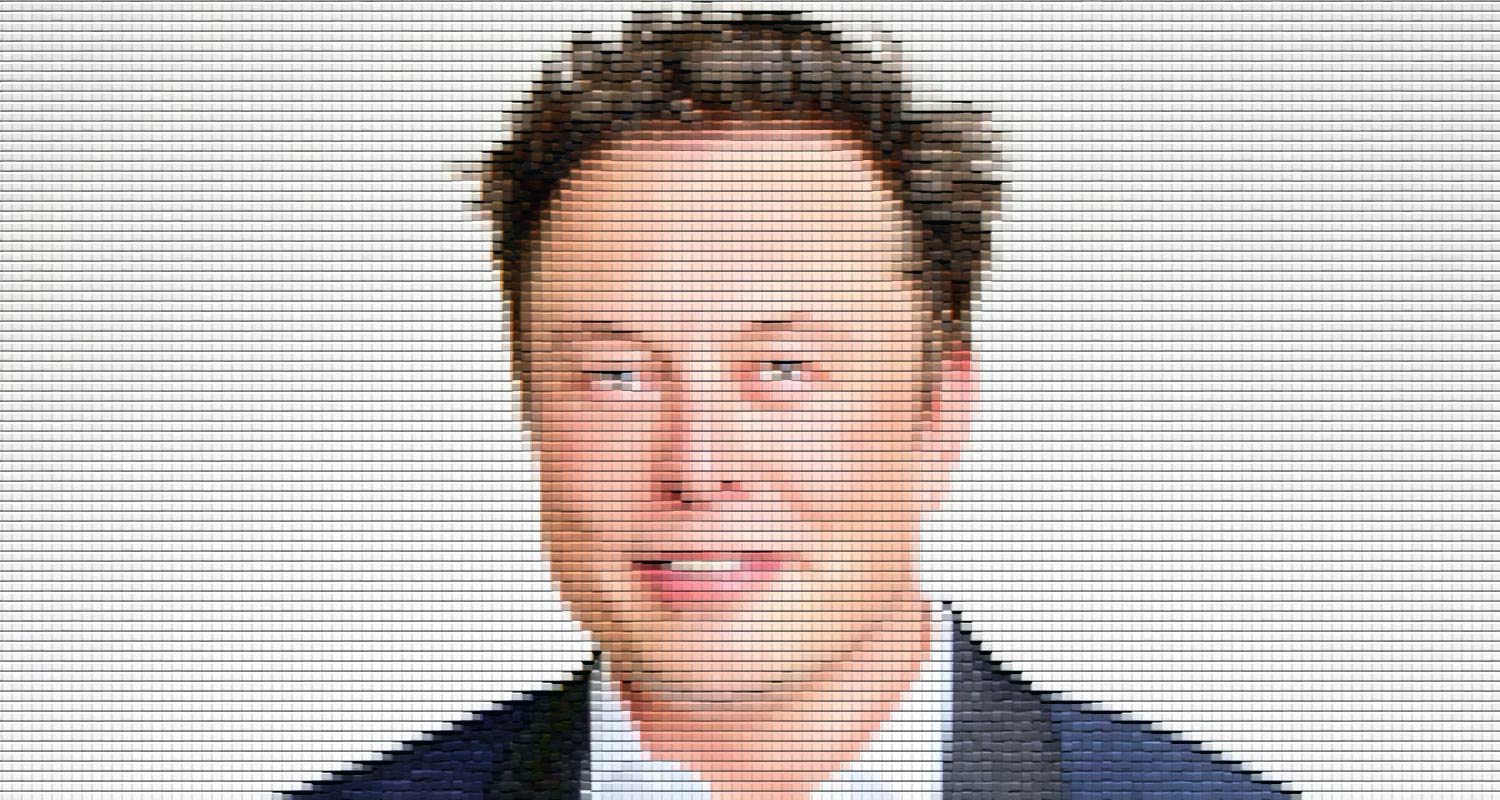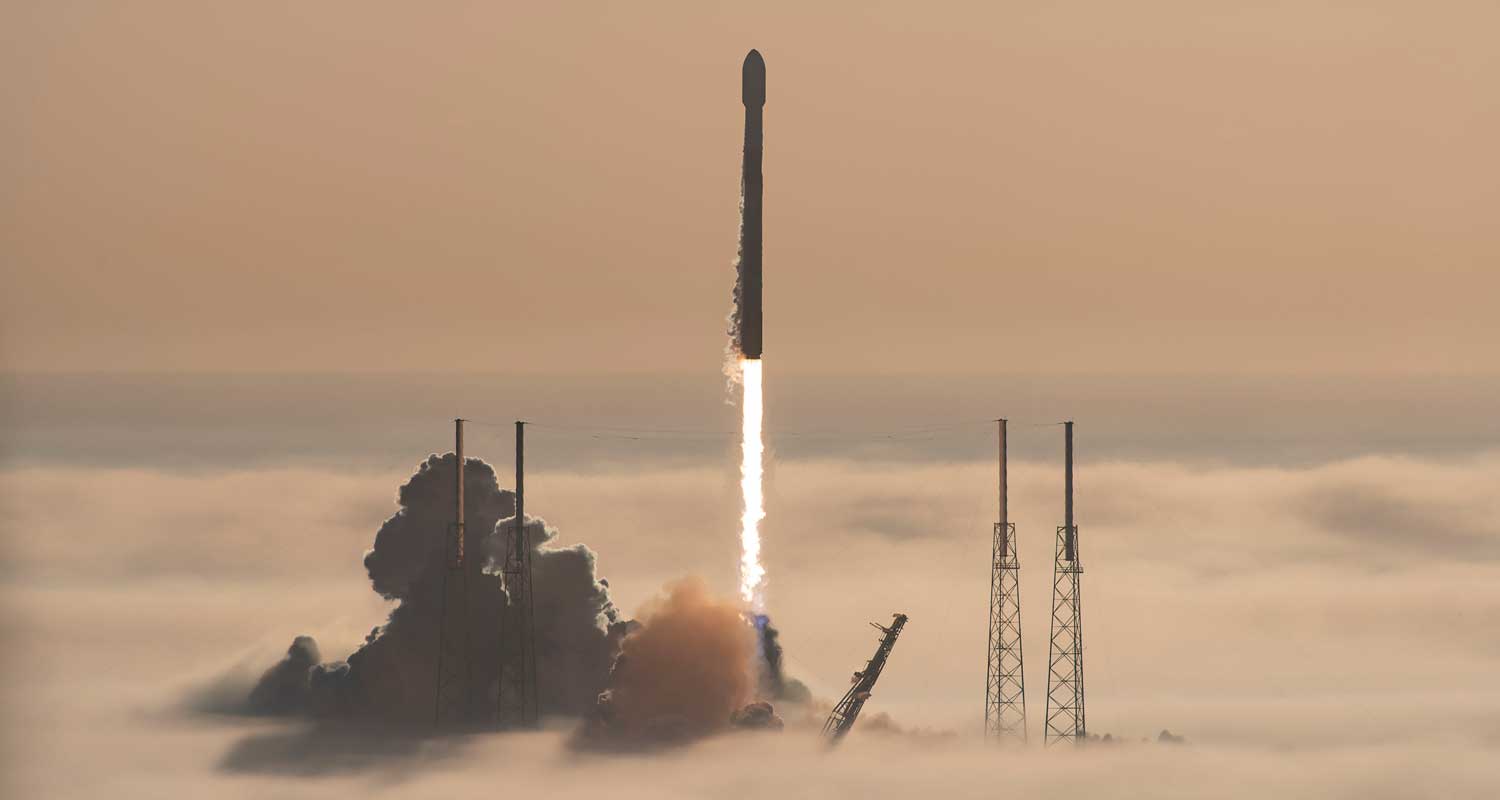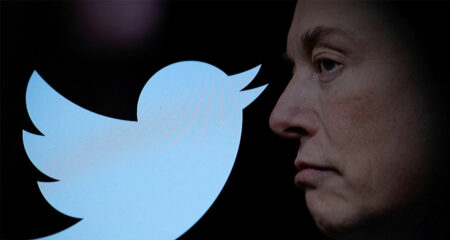
Elon Musk’s meteoric rise to the top of US politics as efficiency tsar is generating high anxiety in Europe, and not just because of his foul-mouthed social media tirades against Brussels rule-setters. German ex-Chancellor Angela Merkel has called the pairing of Musk and Donald Trump hugely concerning, pointing a finger specifically at Musk’s dominance in the space industry. The angst is justified — but pointing fingers isn’t enough.
Get breaking news from TechCentral on WhatsApp. Sign up here
Musk’s US$210-billion firm SpaceX is uniquely powerful, even more so than his tweets. Its reusable rockets have essentially monopolised a commercial launch market once led by Europe. Its 6 000 Starlink satellites offering high-speed internet from anywhere have changed the course of war in Ukraine’s drone-heavy battlefield. Officials are panicking that the billionaire’s conflicts of interest will exacerbate a dangerous dependency: at a Paris panel last week, top German antitrust official Andreas Mundt cited Musk’s influence on Starlink and urged tech regulators to be bold, saying it was “insupportable” that one man could wield state-like powers.
Yet Musk’s space successes have also been helped by European failures to adapt and compete. SpaceX’s rivals have exhibited classic incumbent blind spots: Europe has no reusable launcher to call its own after deciding against the technology a decade ago. Legacy businesses like satellite TV are suffering in the era of on-demand streaming like Netflix while markets like maritime and airline Wi-Fi are tempted by Starlink’s more affordable and easy-to-install kit. The disruptive impact of falling prices is ongoing, even amid a wave of mergers to bulk up: Luxembourg-headquartered Intelsat, which is being acquired by SES, posted a 9.4% drop in third-quarter revenue, with a 13.7% drop in in-flight services revenue. Shares of Paris-based Eutelsat Communications, which has merged with the UK’s OneWeb, have fallen to a 19-year low.
Improving and iterating
As Europe dithers over how to catch up, Starlink is adding new wins to its four million-strong subscriber base. Airline Air France-KLM — part-owned by the French government — in September announced a deal with Starlink to offer high-speed Wi-Fi on its flights from next summer. That same month, Starlink announced a deal with marquee US customer United Airlines Holdings. Novaspace MD Nathan de Ruiter says Starlink is able to improve and iterate its product as it launches more satellites.
Read: Starlink is already at capacity in some African cities
While being good at building rockets is clearly no reason to allow undue power to accumulate in one person’s hands, Starlink is a formidable product and Europeans’ more urgent battle should be promoting a viable homegrown alternative — especially considering that Amazon.com boss Jeff Bezos is the most Musk-like alternative on the horizon. The silver lining of complaints by the likes of Merkel is that it can force some kind of wake-up process — provided the onus is on bold tech, not just regulation. More government spending is on the way via the delayed Iris² project, and new start-ups are being encouraged to develop their own launchers. At a recent defence industry junket, I saw European surveillance tech that relied on Starlink in combination with a backup system, which will likely keep up the pressure to fund non-Musk alternatives. If a European Starlink ever appears, it could level the playing field.

Hopefully, Trump and Musk’s double act will also convince reticent Europeans to emulate another driver of SpaceX’s success: deep, big capital markets able to fund and scale up risky ventures. European Central Bank head Christine Lagarde said last week that the EU’s “unmistakable” tech lag and looming trade tariffs made capital markets union imperative. Maybe a bigger concern than Musk’s geopolitical power is the tendency of Europe to only act in a crisis — another thing Merkel might know something about. — (c) 2024 Bloomberg LP
Don’t miss:
Musk, Ramaswamy to lead US department of government efficiency




